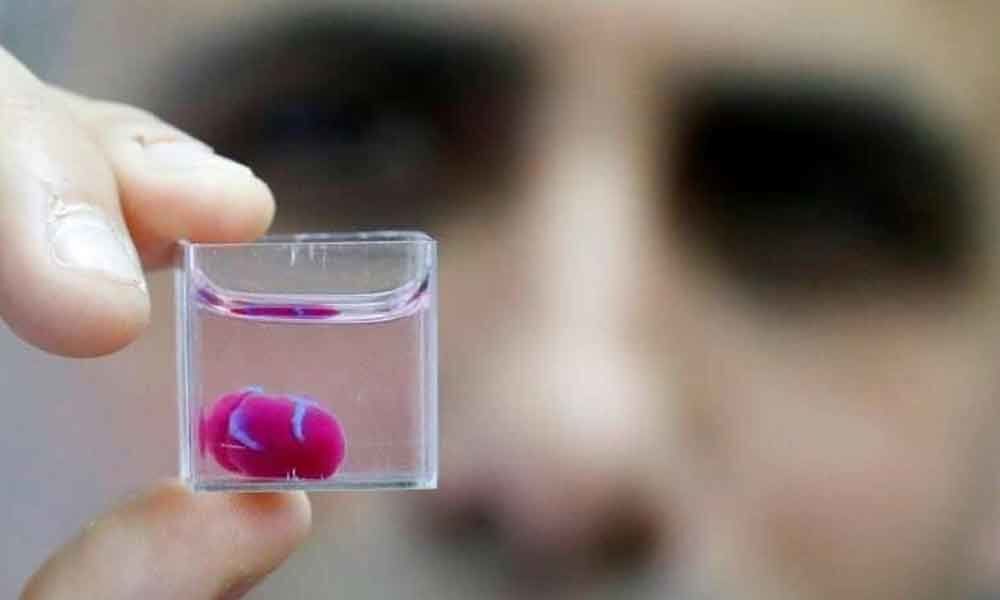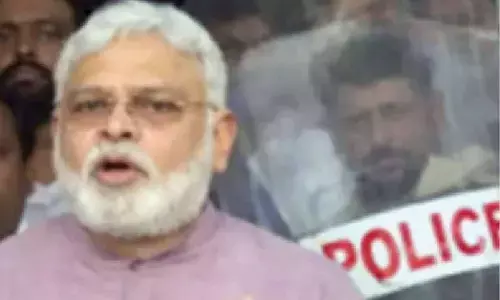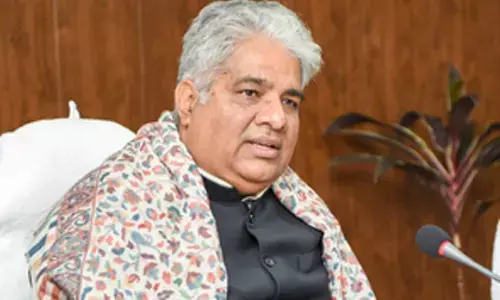Medical breakthrough: First 3D print of heart with human tissues

Scientists in Israel unveiled a 3D print of a heart with human tissue and vessels yesterday, calling it a first and a "major medical breakthrough" that advances possibilities for transplants.
Jerusalem: Scientists in Israel unveiled a 3D print of a heart with human tissue and vessels yesterday, calling it a first and a "major medical breakthrough" that advances possibilities for transplants.
While it remains a far way off, scientists hope one day to be able to produce hearts suitable for transplant into humans as well as patches to regenerate defective hearts. The heart produced by researchers at Tel Aviv University is about the size of a rabbit's.
It marked "the first time anyone anywhere has successfully engineered and printed an entire heart replete with cells, blood vessels, ventricles and chambers," said Tal Dvir, who led the project.
"People have managed to 3D-print the structure of a heart in the past, but not with cells or with blood vessels," he said. But the scientists said many challenges remain before fully working 3D printed hearts would be available for transplant into patients.
Journalists were shown a 3D print of a heart about the size of a cherry, immersed in liquid, at Tel Aviv University as the researchers announced their findings, published in the peer-reviewed journal Advanced Science.
Researchers must now teach the printed hearts "to behave" like real ones. The cells are currently able to contract but do not yet have the ability to pump. Then they plan to transplant them into animal models, hopefully in about a year, said Dvir.
"Maybe, in 10 years, there will be organ printers in the finest hospitals around the world, and these procedures will be conducted routinely," he said. But he said hospitals would likely start with simpler organs than hearts.
In its statement announcing the research, Tel Aviv University called it a "major medical breakthrough". Cardiovascular disease is the world's leading cause of death, according to the World Health Organisation, and transplants are currently the only option available for patients in the worst cases.








